We talk about the plight of the Burmese minority with the MSF coordinator in Bangladesh, where nearly a million people are taking refuge.
The terrible images of the fire that affected the Cox’s Bazar camp (Bangladesh) on March 22, where a large part of the Burmese Rohingya minority took refuge, made an impact on the world. To go deeper, we spoke with Natàlia Torrent, coordinator of Médecins Sans Frontières (MSF) in Bangladesh, who explains the conditions of the camps and the difficult situation of the almost one million people who live there.
The consequences of the fire for people living in the Cox’s Bazar camp have been disastrous.
Our teams on the ground have seen the devastation caused by the fire in several areas. Thousands of families have lost their few belongings and the very modest bamboo and plastic constructions under which they sheltered.
In addition, several facilities have been destroyed, including several health centres, such as the one that Médecins Sans Frontières had in the Balukhali area, which provided coverage to over 30,000 people and has been completely destroyed. We’ve also seen a lot of people who were injured while trying to dodge the barbed wire that surrounds the camps.
Was a tragedy like this one predictable?
We have been warning for a long time about the terrible condition of these camps. This terrible tragedy only confirms that the situation is becoming unsustainable and that the authorities and the international community must come up with long-term solutions, not just short-term fixes.
Are these incidents due to the living conditions within the camps themselves?
Of course. The camps are completely full and the shelters, built with temporary and weak materials, cause the fire to spread rapidly.
Are incidents like these frequent?
Yes. This one, for instance, was the third fire in a month. The consequences they have for the lives of many Rohingya refugees are absolutely devastating. The situation in the camps is deteriorating, there is less and less access to medical care, violence is on the rise and basic living conditions are completely inadequate.
What are these camps like?
Nearly 900,000 Rohingya refugees live crammed into 26 square kilometres, in very precarious living conditions. In fact, these conditions are the main cause of the medical problems among the refugee population that at Médecins Sans Frontières we treat in our medical centres. We’re talking about diseases such as acute diarrhoea, respiratory infections, skin diseases and fevers.
Not to mention mental health, of course.
The extreme violence that forced the Rohingya to flee their homes in Myanmar, combined with the dangerous journey, the daily stress of life in the camps, uncertainty about the future and now the additional challenges caused by Covid have a great impact on the mental health of refugees.
Many suffer from flashbacks, anxiety, recurrent nightmares and insomnia, as well as post-traumatic stress disorder and depression. A refugee told us that when he saw the flames he could not help feeling the same way as when his village in Myanmar was set on fire and he had to flee with his family.
How are these camps organised, who manages them?
The camps are managed by the Bangladeshi authorities, in coordination with United Nations agencies. The Rohingya have been denied the opportunity to return to their homes in Myanmar safely and with dignity.
Restrictions on freedom of movement and lack of access to a livelihood in Bangladesh, including the ability to work, mean that the Rohingya are completely dependent on humanitarian assistance. Increasing restrictions on movement and a ban on their ability to work make it impossible to reduce this dependence.
Covid has only complicated the situation.
Early projections suggested a large-scale Covid outbreak in Bangladesh’s Cox’s Bazar district, home to the world’s largest refugee camp. With nearly 900,000 Rohingya refugees living in overcrowded and unhealthy conditions, there was concern that the outbreak would quickly exceed humanitarian response capacity. This triggered a series of measures to prevent and contain the spread of the virus. And although there are cases of Covid in the camps, for now, the most catastrophic scenarios have not materialised.
To what extent are you concerned about the impact of Covid?
Our biggest concerns right now are the side effects of Covid. On one hand, there is a reduction in health services, and on the other, the population is rather reluctant to go to medical centres. This can lead to an increase in morbidity and mortality not related to the epidemic, but caused by late and limited access to medical care.
The suffering of the Rohingya started long ago. What is the current situation of this minority?
August 25, 2020 marked three years since the operations of Myanmar’s security forces forced over 700,000 Rohingya to cross the border into Bangladesh. For the stateless Rohingya people, this date is a reminder of decades of violence, persecution, discrimination and denial of basic rights.
Currently, the lack of legal status and the absence of long-term and more sustainable solutions means that the future of the Rohingya is more uncertain than ever. Without legal status, the Rohingya depend entirely on health services provided by humanitarian organisations.
Is some kind of exit planned for all the refugees living in these camps?
At the moment, no short-term solution is in sight. And any repatriation process must be carried out in accordance with international law and be safe, voluntary and dignified.

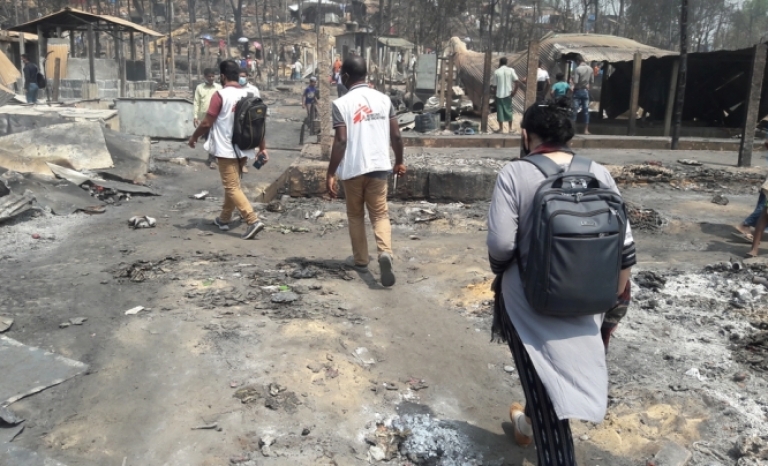
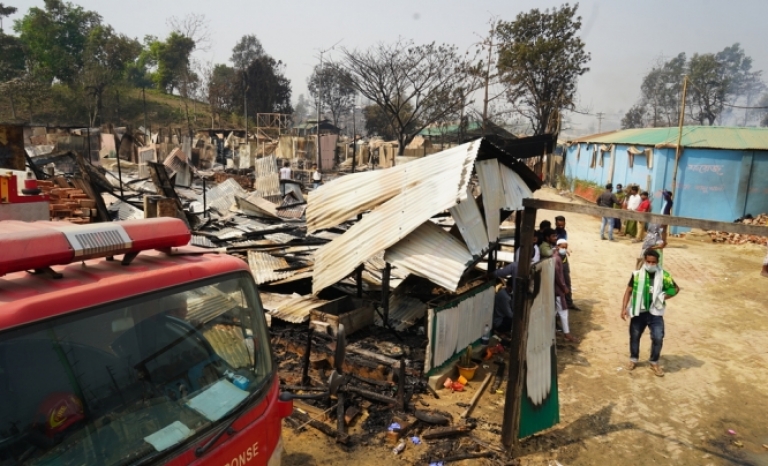
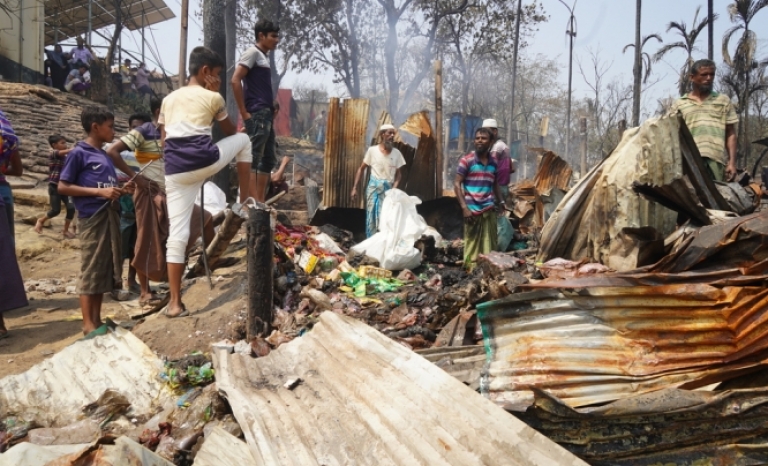
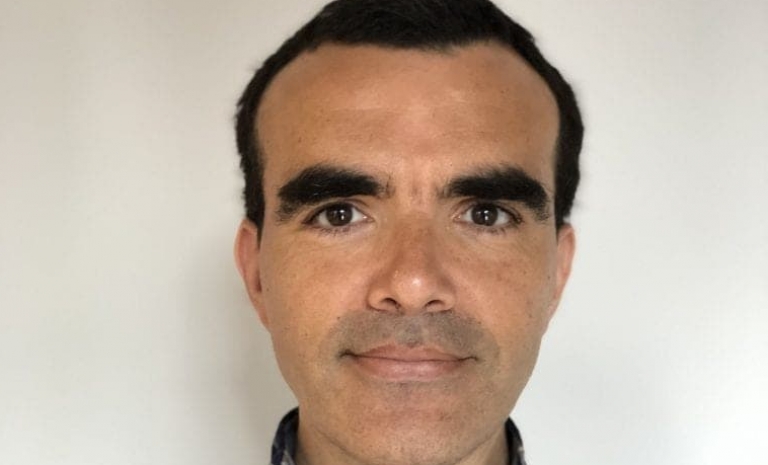
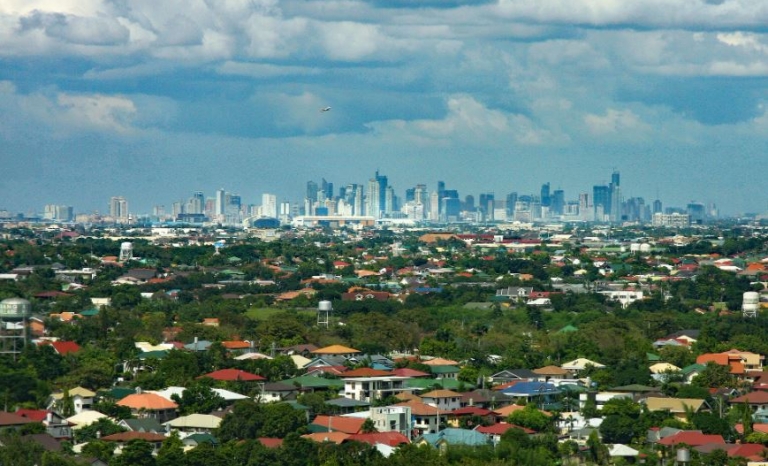
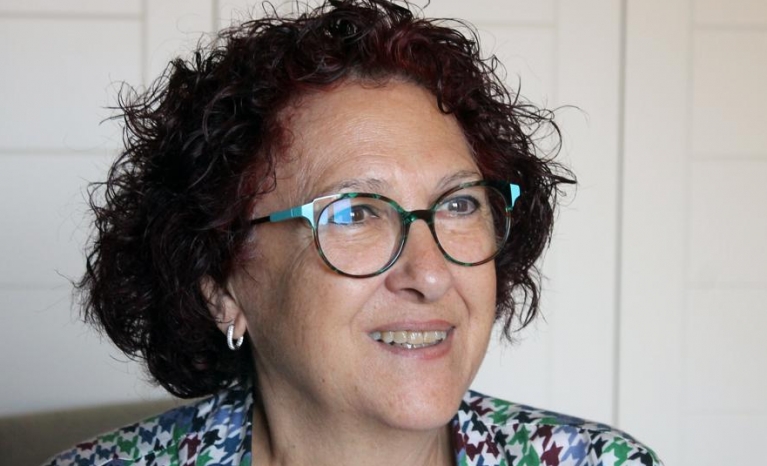
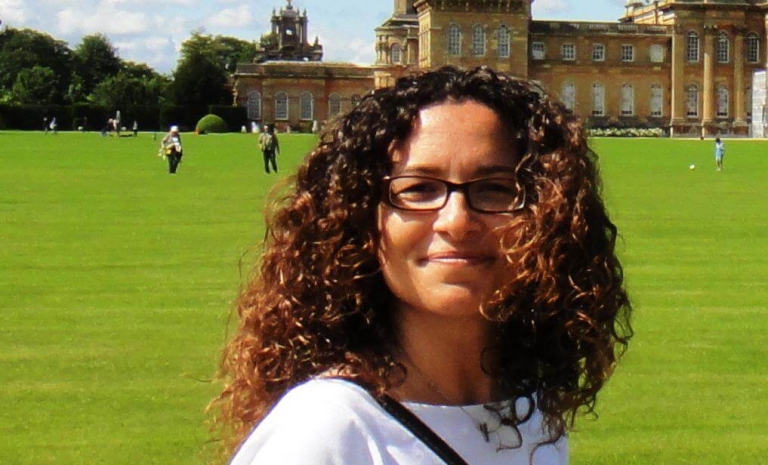



Add new comment